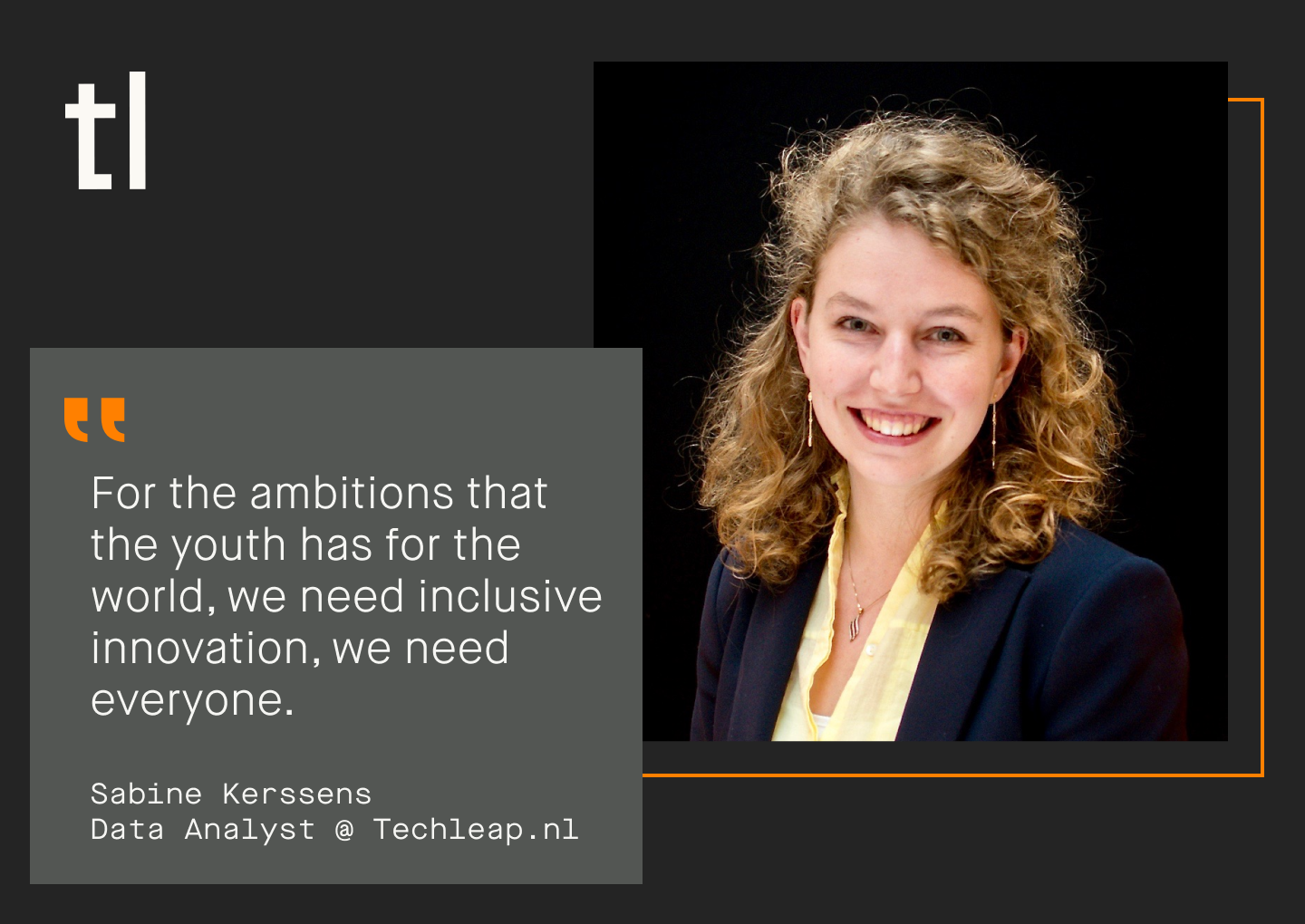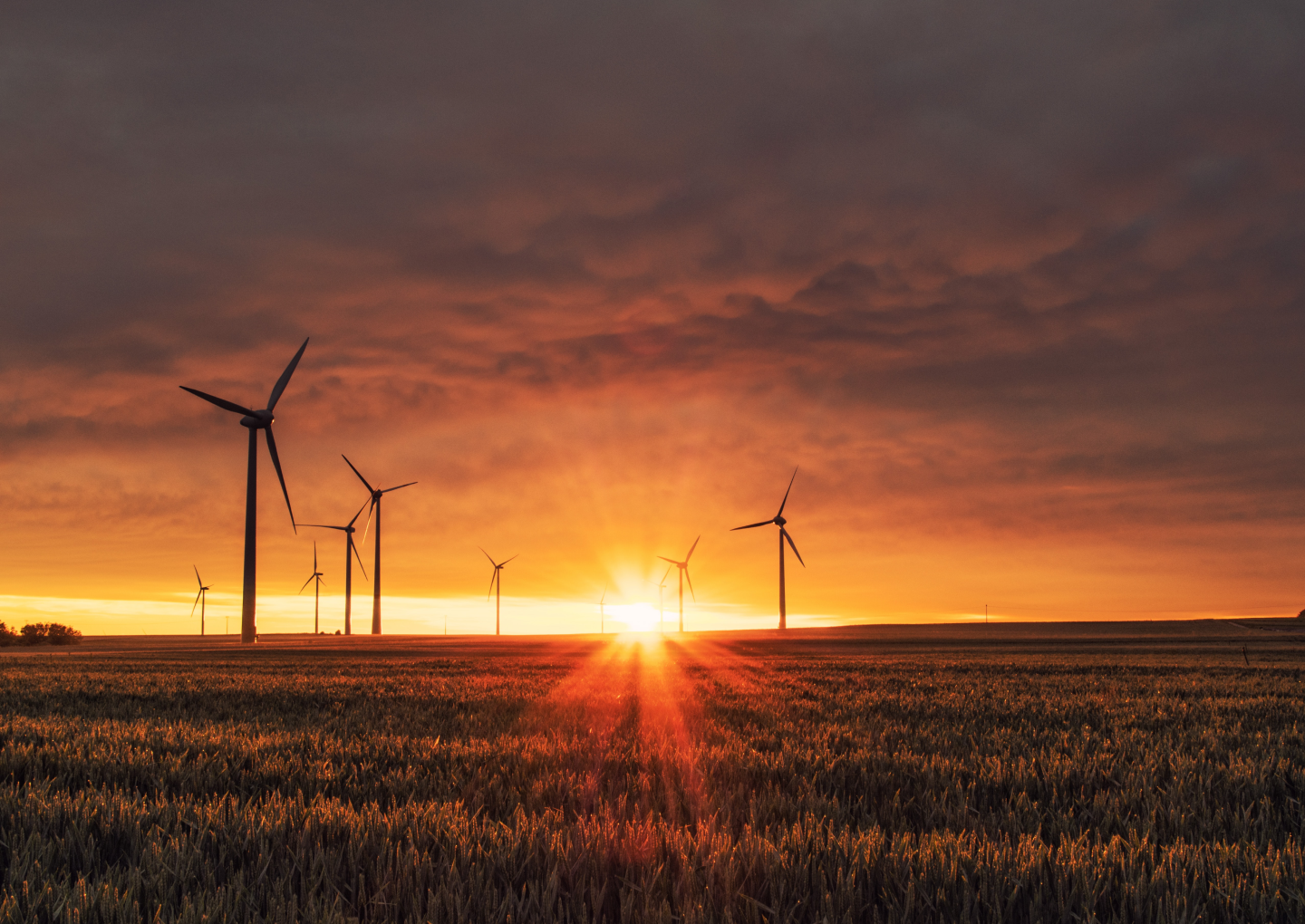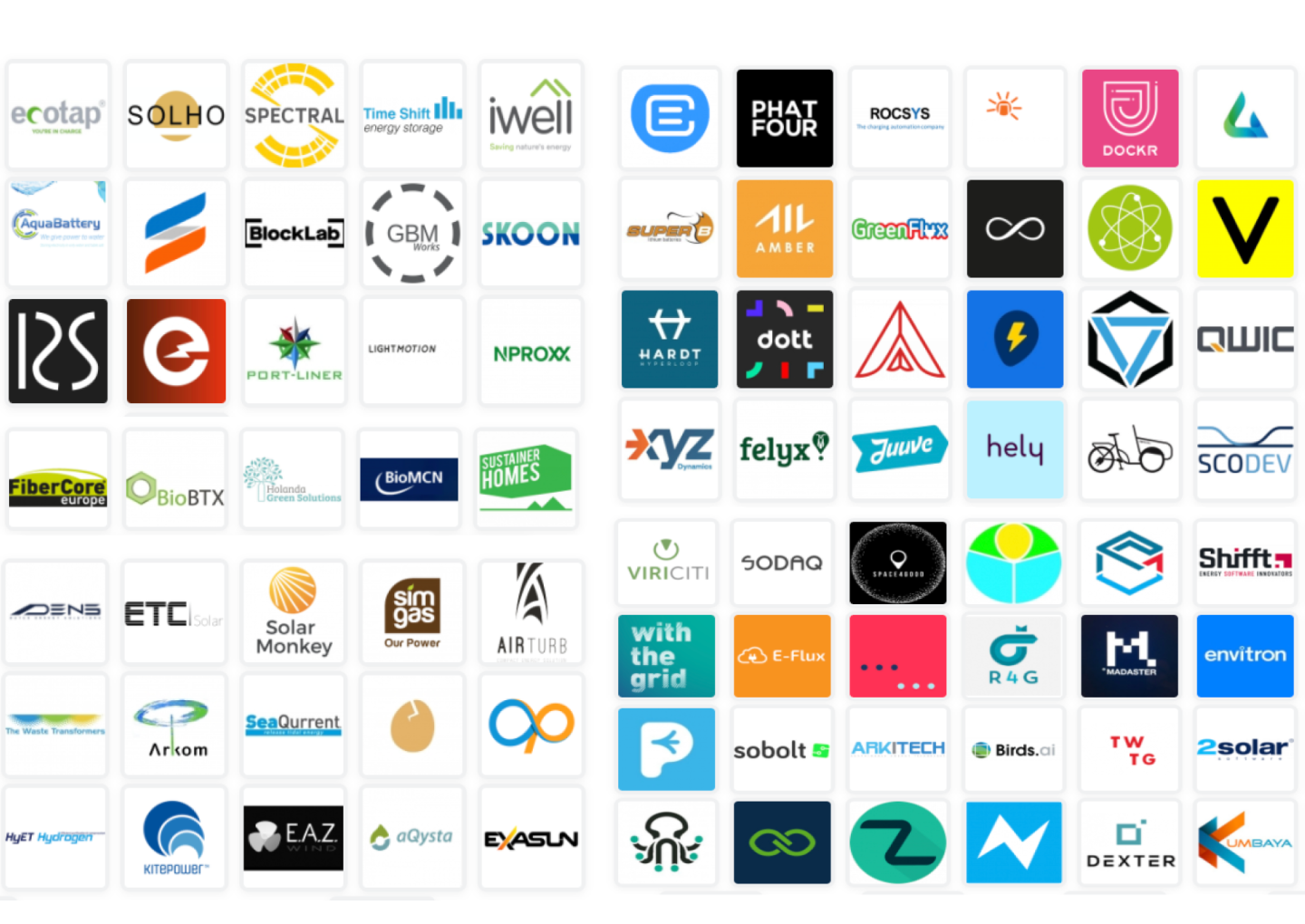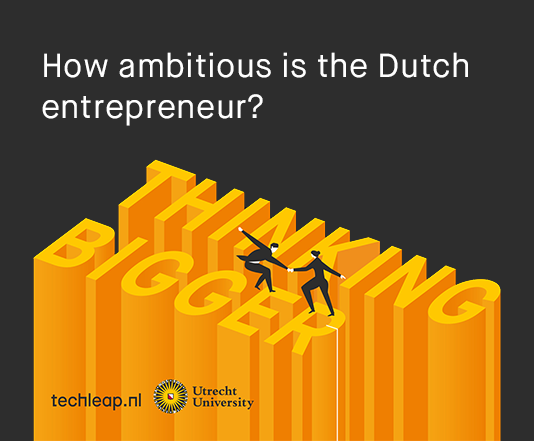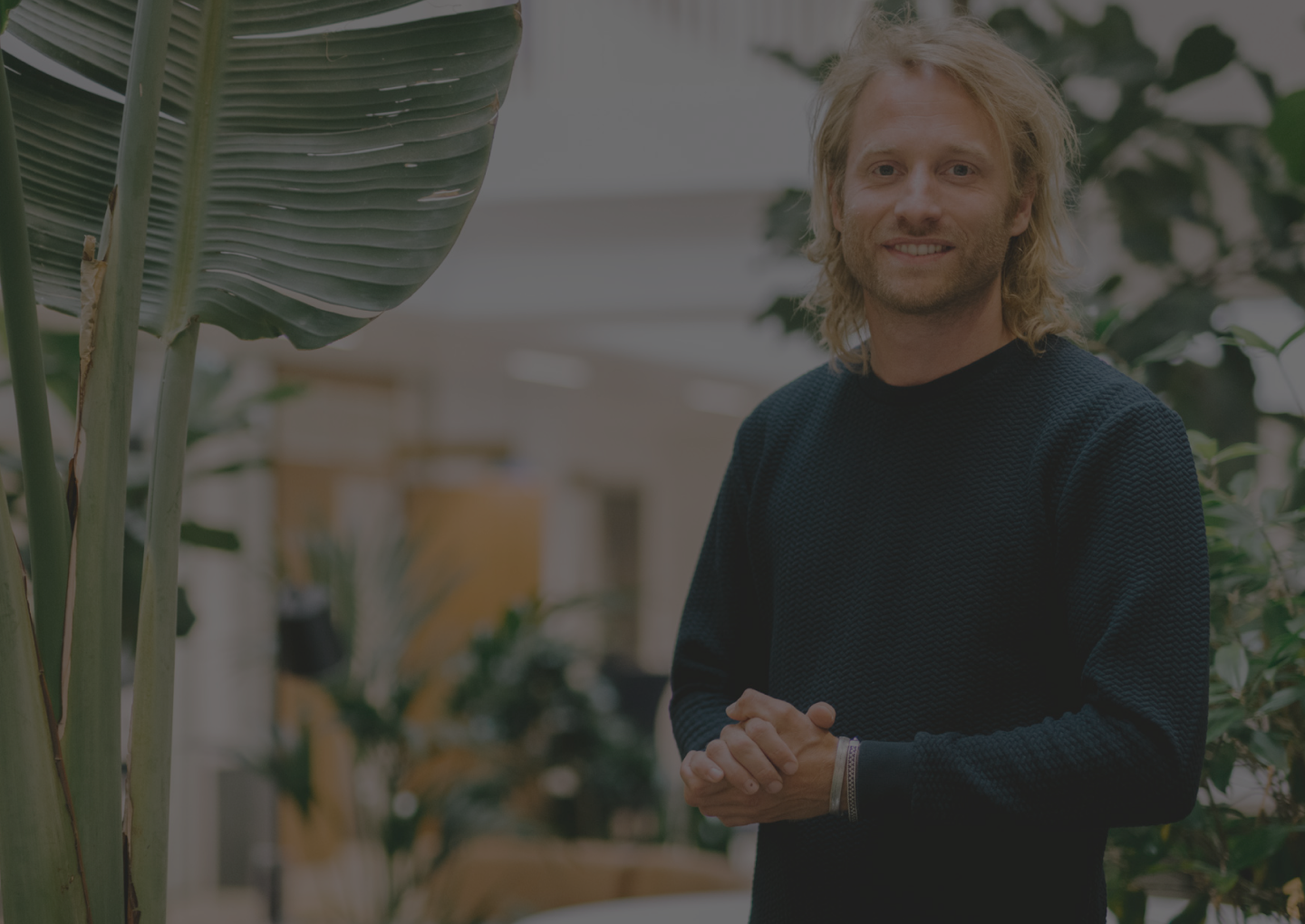Before soon the weight of plastic in the ocean is going to be more than the weight of fish (Ellen MacArthur Foundation partnered with World Economic Forum, 2016). The world, Europe and the Netherlands need startups and scaleups to take the risk in flattening the climate curve. Now, rather than later. So why are startups still fighting this battle one-by-one?
The science
We’ve heard it all before: It’s big, It’s bad and It’s here. Nearly half of the solar energy that reaches the top of the earth’s atmosphere is absorbed by the planet’s surface, in normal circumstances the planet releases that heat again, so that the energy that escapes as heat is roughly equal to what comes in as solar radiation (Thomas F. Stocker et al., 2013). However, by the end of 2019, the warming influence of greenhouse gases like CO2, methane, nitrous oxide, and water vapor have risen 45% above the 1990 baseline (LuAnn Dahlman, 2020). This warming effect results in climate change. We are already experiencing continuously broken heat records and an increasing number of natural disasters. Figures are bound to go up if we don’t make drastic changes.
But it’s also time for positive news. Awareness is rising, technologies are being developed, economic markets are changing towards green. We know that we need a new way forward. Though coal usage still grew in 2017 and 2018, there is optimism that China and India will reach their projected global carbon emissions reduction by roughly 2–3 billion metric tons by 2030, due largely to positive developments in coal restrictions in both countries (Höhne et al., 2017, Hao & Baxter, 2019). As a result, both China and India look set to overachieve their Paris Agreement climate pledges.
So what does that mean for us? Shouldn’t Europe have a leading role in sustainable development? The ambition is there, but the policies are not yet in place. The Dutch government aims to be a world leader in smart, clean and energy-efficient technologies. It relies on the rise of technical solutions to lower greenhouse gases (EZK, 2020). Simultaneously, this ambitious goal is threatened by the reduction of startups and scaleup runway to a quarter of their original length in this corona crisis (Techleap.nl, 2020).
The impact
Before March, startups and scaleups faced and overcame challenges for growth. In these stormy times, those challenges feel more like mountains too high to climb. The main barriers in markets, capital, culture and technologies hit harder and hit faster after each other, when corona limits the time and opportunities for entrepreneurs in the private sector. Based on Meijer, Huijben, Van Boxstael & Romme (2019) we can see the impact that corona has on our startup ecosystem, the impact that startups can have on our society and on our ambitions for the future of our planet.
Access to markets is one of the biggest challenges mentioned by startups in Techleap.nl’s latest research of the energy domain. Finding the right partners, the right buyers and the right sellers is not the same when accidental meetings are close to none. However, impacting the economic market and shifting towards a green economy lays in the hands of these innovators and investors. The ambition of the European Union lays in a single market, to unlock the full potential of our goods and services.
This brings us to the second struggle of startups and scaleups when the corona crisis closes borders, and limits meetings: decreasing availability of financial resources. Normally, financing innovation is at the core of starting a business, and receiving funding always comes with its ups and downs. However, this challenge became unfeasible as startups and scaleups in the Dutch Corona Overbruggingslening mention a median of €240.000 of loan money per startup that is needed to bridge the gap until business picks up again post-crisis. This impacts the economic feasibility of businesses that on average offer 3 times as much employment as regular SME’s (Dealroom, 2019). With an ambition to grow our economy, we need to financially support our entrepreneurs.
These entrepreneurs are the third key pivot in green recovery. Talent that gets lost in a crisis like this is not calculable in monetary value. Founding or joining a startup is, in any case, a risky move, but the risk averseness that holds our society back momentarily unproportionally denounces the entrepreneurial minds. This impacts the potential of bright ideas being commercialized and with that failing our ambition to find meaningful work for all.
The final topic of innovative and sustainable technology rests on the economical, market- related and social limitations that the crisis brings us. To create the technology that brings our lives in balance with our earth’s resources and capabilities. SME’s today, more than ever before, need to be able to get connected to the right markets, the rights financing and the right talent to be able to create the technological breakthroughs Europe is capable of. As we’ve shown so many times before.

